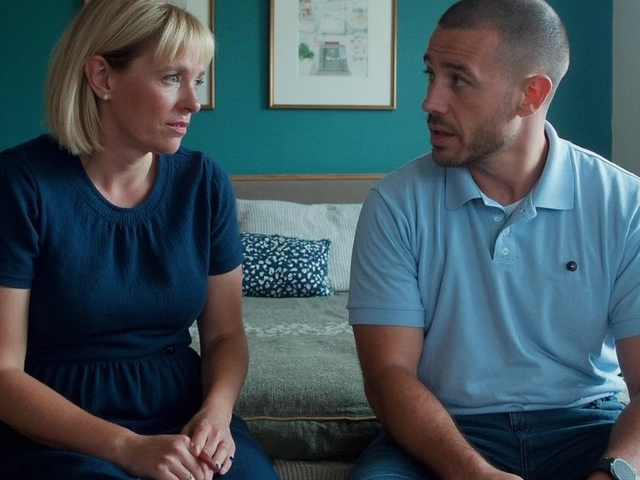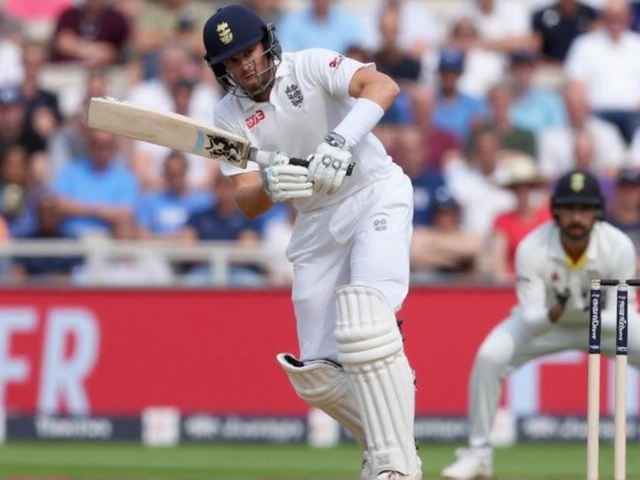Traumatic Brain Injury – Quick Guide for Athletes and Everyone
If you’ve ever taken a hard hit on the field or heard the term "concussion" tossed around, you’re already in the zone of traumatic brain injury (TBI). A TBI happens when a sudden blow or jolt shakes the brain inside the skull. It can be as mild as a brief dizzy spell or as serious as long‑term memory loss. Understanding the signs, what to do right after, and how to protect yourself can keep you in the game and out of the hospital.
Spot the Symptoms Early
Symptoms don’t always show up instantly. Some people feel fine for hours before a headache or confusion creeps in. Common signs include:
- Headache that won’t quit
- Nausea or vomiting
- Dizziness or loss of balance
- Blurred vision or sensitivity to light
- Memory trouble or feeling "spaced out"
If any of these pop up after a knock, stop the activity and get checked out. Even a mild TBI can worsen if you keep playing, so taking it seriously right away saves you a lot of hassle later.
What to Do Right After a Hit
The first rule is simple: rest. Sit or lie down, avoid screens, and give your brain a break. A coach, teammate, or parent should assess you using a quick check‑list – ask about balance, remember a simple phrase, and see if you feel the same as before the hit. If you’re unsure, call a medical professional. For kids and teens, a doctor’s clearance is a must before returning to sports. Remember, feeling “fine” isn’t a green light; brain injuries are sneaky.
When you get medical clearance, follow a step‑by‑step return‑to‑play plan. Start with light activity, like walking, then gradually add sport‑specific drills. Each step should be symptom‑free for at least 24 hours before moving on. Skipping steps or rushing back is the biggest risk of getting a second, more dangerous injury.
Prevention is part of the game too. Wear proper headgear for sports that allow it, maintain good technique, and stay hydrated. Coaches can help by teaching safe tackling, proper checking, and by encouraging players to speak up if they feel off. A culture that puts health first makes every practice safer.
Long‑term rehab for moderate to severe TBIs may include physical therapy, cognitive exercises, and counseling. It’s a team effort: doctors, therapists, family, and the injured person all play a role. Staying active with gentle exercises, keeping a routine, and using memory aids can speed recovery and improve quality of life.
Bottom line: a traumatic brain injury is nothing to shrug off. Spotting symptoms early, resting, getting proper medical clearance, and following a smart return‑to‑play plan keep you safe. Whether you’re a pro athlete in New York, a weekend player, or just someone who enjoys a little rough‑and‑tumble, knowing the basics of TBI protects you and the people you care about.
Kieran Lockhart, May, 23 2025
EastEnders Star Timothy West's Death Linked to Traumatic Brain Injury from Fall, Inquest Finds
Timothy West, celebrated for his roles in EastEnders and other British classics, died at 90 following a traumatic brain injury from an unwitnessed fall. An inquest revealed he suffered complications including a subdural hematoma, pneumonia, and hypertension. He passed away in a care home, with his family at his side.
View More




